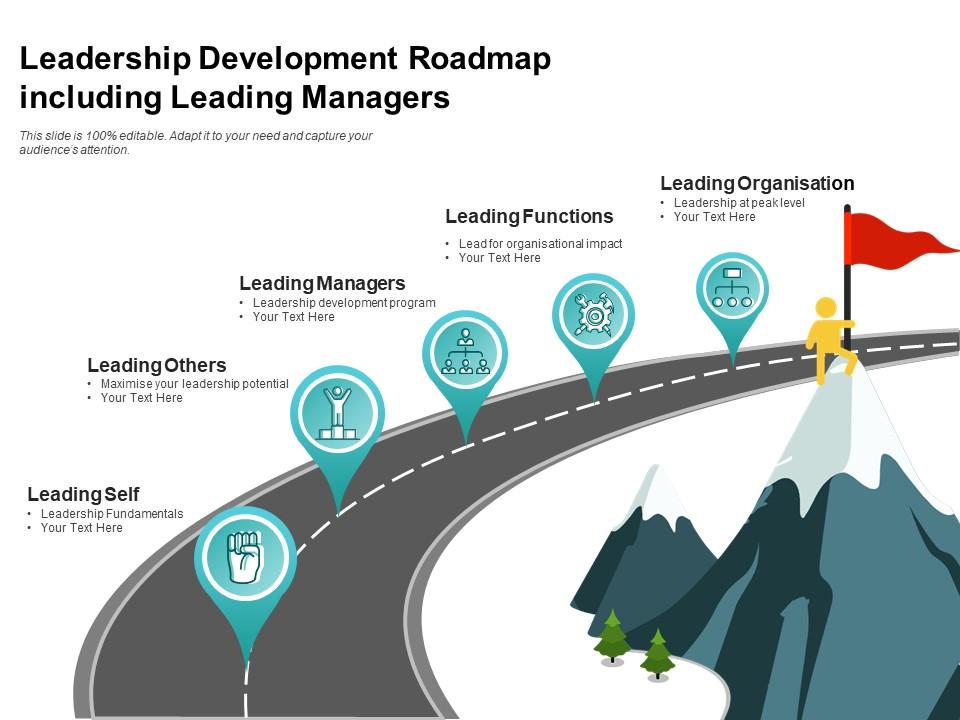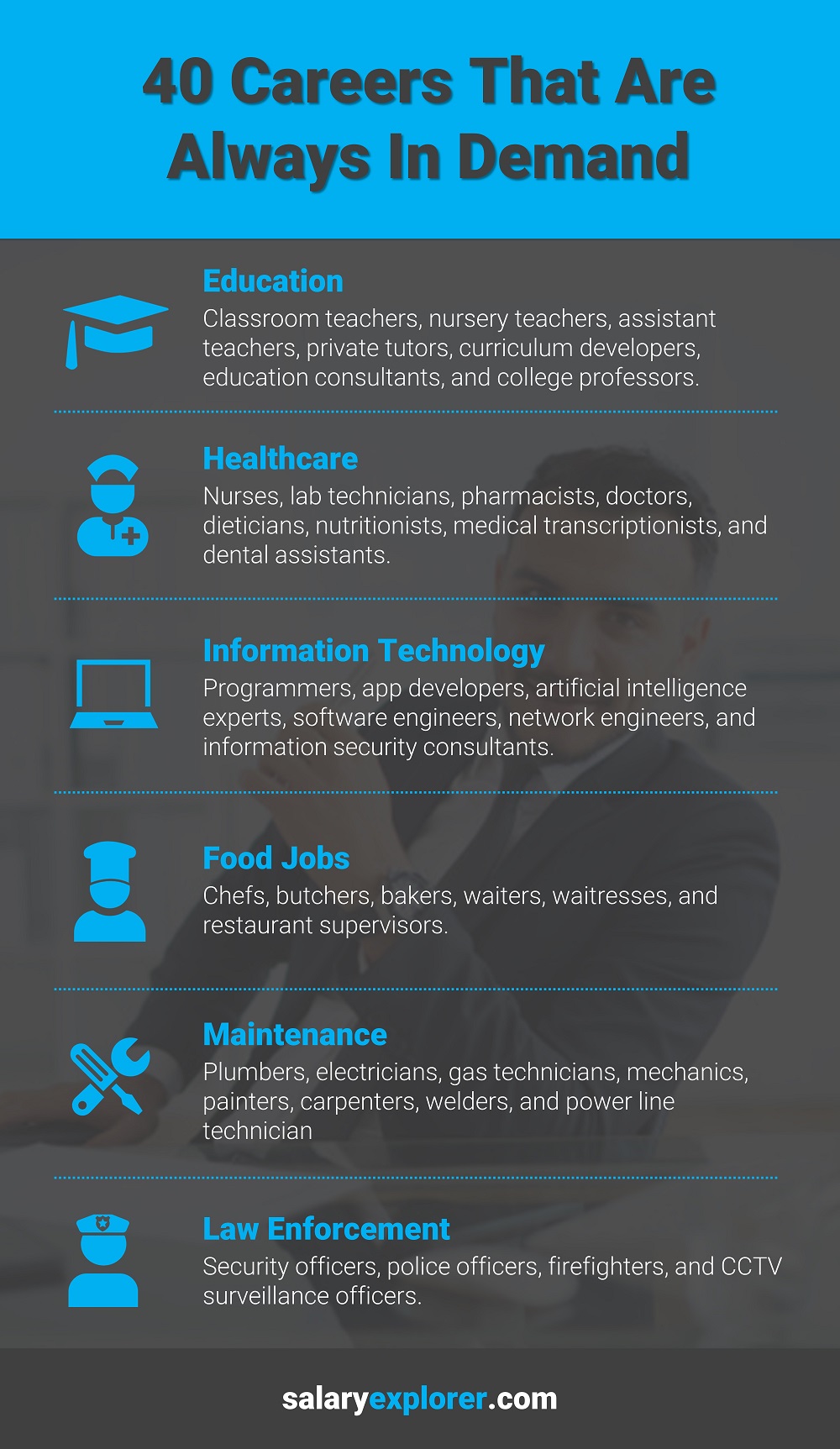Understanding the Job Market: Trends and Projections
The job market is a dynamic and ever-changing landscape, influenced by various factors such as technological advancements, economic shifts, and demographic changes. To make informed career choices, it’s essential to understand the current state of the job market and the trends that are shaping it. One of the most significant trends in the job market is the rise of high-demand jobs, which are occupations that are experiencing significant growth and are expected to continue to do so in the coming years.
According to labor market analytics, high-demand jobs are those that have a high growth rate, a large number of job openings, and a strong demand for skilled workers. These jobs are often found in industries such as healthcare, technology, and renewable energy, which are driving innovation and economic growth. For example, jobs in the healthcare industry, such as nurses and healthcare administrators, are in high demand due to the aging population and the need for quality healthcare services.
Another trend that is shaping the job market is the increasing use of technology and automation. While this trend may lead to job displacement in some industries, it also creates new job opportunities in fields such as data science, artificial intelligence, and cybersecurity. Additionally, the rise of the gig economy and remote work is changing the way people work and is creating new opportunities for freelancers and entrepreneurs.
Understanding these trends and projections can help individuals make informed career choices and stay ahead of the curve in a rapidly changing job market. By identifying high-demand jobs and developing the necessary skills, individuals can increase their chances of success and build a secure future. In the next section, we’ll explore high-growth industries and the jobs that are in high demand within these industries.
Identifying High-Growth Industries: Where the Jobs Are
High-growth industries are those that are expected to experience significant job growth in the coming years, driven by factors such as technological advancements, demographic changes, and economic shifts. Identifying these industries can help individuals make informed career choices and increase their chances of success in the job market. Some of the high-growth industries that are expected to experience significant job growth include:
Healthcare: The healthcare industry is expected to experience significant job growth due to the aging population and the need for quality healthcare services. In-demand jobs in this industry include nurses, healthcare administrators, and medical researchers.
Technology: The technology industry is driving innovation and economic growth, and is expected to experience significant job growth in the coming years. In-demand jobs in this industry include software developers, data scientists, and cybersecurity experts.
Renewable Energy: The renewable energy industry is expected to experience significant job growth as companies transition to more sustainable energy sources. In-demand jobs in this industry include solar and wind energy technicians, energy auditors, and sustainability consultants.
Other high-growth industries include finance, e-commerce, and logistics. These industries are expected to experience significant job growth due to the increasing demand for online shopping, digital payments, and fast delivery.
When considering a career in a high-growth industry, it’s essential to research the job market and identify the skills and qualifications that are in demand. This can help individuals make informed career choices and increase their chances of success in the job market. In the next section, we’ll explore the skills gap and what employers are looking for in candidates.
The Skills Gap: What Employers Are Looking For
The skills gap refers to the mismatch between the skills and qualifications that employers are looking for in candidates and the skills and qualifications that job seekers possess. This gap can make it challenging for job seekers to find employment and for employers to find qualified candidates. To bridge this gap, it’s essential to understand what employers are looking for in candidates.
Employers are looking for candidates with a combination of soft skills, technical skills, and certifications. Soft skills include communication, teamwork, and problem-solving skills, which are essential for success in most industries. Technical skills, on the other hand, are specific to a particular industry or job function and may include skills such as programming, data analysis, or digital marketing.
Certifications are also becoming increasingly important, as they demonstrate a candidate’s expertise and commitment to a particular field. For example, in the field of cybersecurity, certifications such as CompTIA Security+ or CISSP are highly valued by employers.
In addition to these skills and qualifications, employers are also looking for candidates who are adaptable, continuous learners, and able to work in a rapidly changing environment. This is because the job market is constantly evolving, and employers need candidates who can keep up with the latest trends and technologies.
Understanding what employers are looking for in candidates can help job seekers to develop the necessary skills and qualifications to succeed in the job market. By focusing on developing soft skills, technical skills, and certifications, job seekers can increase their chances of finding employment and advancing in their careers. In the next section, we’ll explore tips and strategies for job seekers to get ahead in a competitive job market.
How to Get Ahead in a Competitive Job Market
In today’s competitive job market, it’s essential to have a strategic approach to stand out from the crowd and increase your chances of success. Here are some tips and strategies to help you get ahead:
Networking is key: Building a strong professional network can help you stay informed about job opportunities, get advice from industry experts, and gain access to valuable connections. Attend industry events, join professional organizations, and connect with people on LinkedIn to build your network.
Continuous learning: The job market is constantly evolving, and it’s essential to stay up-to-date with the latest trends and technologies. Invest in your education and training, and take advantage of online courses, workshops, and conferences to enhance your skills.
Personal branding: Your personal brand is what sets you apart from others in the job market. Develop a strong online presence, including a professional website or blog, and engage with your audience on social media to build your reputation and showcase your expertise.
Develop a niche expertise: Specializing in a specific area can help you stand out in a crowded job market. Identify your strengths and interests, and develop a niche expertise that sets you apart from others.
Be adaptable: The job market is constantly changing, and it’s essential to be adaptable and open to new opportunities. Be willing to pivot when necessary, and be open to new industries, roles, and technologies.
By following these tips and strategies, you can increase your chances of success in a competitive job market. Remember to stay focused, persistent, and always be looking for ways to improve and grow. In the next section, we’ll explore the top in-demand jobs across various industries.
Top In-Demand Jobs Across Various Industries
Here are some of the top in-demand jobs across various industries, including job descriptions, salary ranges, and growth prospects:
1. Data Scientist: Data scientists are in high demand across various industries, including finance, healthcare, and technology. They are responsible for analyzing and interpreting complex data to inform business decisions. Salary range: $118,000 – $170,000 per year. Growth prospects: 14% annual growth rate.
2. Software Engineer: Software engineers are in high demand in the technology industry, where they design, develop, and test software programs. Salary range: $105,000 – $160,000 per year. Growth prospects: 21% annual growth rate.
3. Registered Nurse: Registered nurses are in high demand in the healthcare industry, where they provide patient care and support. Salary range: $76,000 – $110,000 per year. Growth prospects: 12% annual growth rate.
4. Cybersecurity Specialist: Cybersecurity specialists are in high demand across various industries, including finance, healthcare, and technology. They are responsible for protecting computer systems and networks from cyber threats. Salary range: $120,000 – $200,000 per year. Growth prospects: 31% annual growth rate.
5. Renewable Energy Technician: Renewable energy technicians are in high demand in the renewable energy industry, where they install and maintain solar and wind energy systems. Salary range: $56,000 – $90,000 per year. Growth prospects: 69% annual growth rate.
Companies that are hiring for these roles include Google, Amazon, Microsoft, and Johnson & Johnson. These companies are looking for candidates with the right skills and qualifications to fill these in-demand jobs.
By understanding the top in-demand jobs across various industries, individuals can make informed career choices and increase their chances of success in the job market. In the next section, we’ll explore the importance of creating a career roadmap and provide guidance on how to set career goals, identify key milestones, and develop a plan to achieve success.
Creating a Career Roadmap: From Entry-Level to Leadership
Creating a career roadmap is essential for achieving success in any field. A career roadmap is a personalized plan that outlines your career goals, identifies key milestones, and provides a roadmap for achieving success. By creating a career roadmap, you can take control of your career and make informed decisions about your future.
To create a career roadmap, start by identifying your short-term and long-term career goals. What do you want to achieve in the next 6-12 months? What are your 5-year career goals? Write down your goals and make them specific, measurable, achievable, relevant, and time-bound (SMART).
Next, identify the key milestones that you need to achieve in order to reach your career goals. What skills do you need to develop? What experience do you need to gain? What education or training do you need to pursue? Create a list of milestones and prioritize them based on importance and urgency.
Once you have identified your career goals and key milestones, create a plan to achieve them. What steps do you need to take to develop the necessary skills and experience? What resources do you need to access in order to achieve your goals? Create a timeline and a budget for achieving your career goals.
Finally, review and revise your career roadmap regularly. Your career goals and milestones may change over time, and your roadmap should reflect these changes. By regularly reviewing and revising your career roadmap, you can stay on track and achieve success in your career.
By creating a career roadmap, you can take control of your career and make informed decisions about your future. Remember to stay flexible and adapt to changes in the job market and industry trends. In the next section, we’ll discuss the importance of staying adaptable in a rapidly changing job market.
Staying Adaptable in a Changing Job Market
The job market is constantly evolving, and it’s essential to stay adaptable to succeed. With technological advancements, shifting industry trends, and changing workforce demographics, the job market can be unpredictable. To stay ahead, it’s crucial to continuously update your skills, be open to new opportunities, and be willing to pivot when necessary.
One way to stay adaptable is to continuously update your skills. This can be done by taking online courses, attending workshops or conferences, and seeking out mentorship. By staying up-to-date with the latest industry trends and technologies, you can increase your value to potential employers and stay competitive in the job market.
Another way to stay adaptable is to be open to new opportunities. This can include considering different industries, job roles, or work arrangements. By being open to new opportunities, you can increase your chances of finding a job that aligns with your skills, interests, and values.
Finally, it’s essential to be willing to pivot when necessary. This can include changing careers, industries, or job roles. By being willing to pivot, you can adapt to changes in the job market and stay ahead of the curve.
Some examples of high-demand jobs that require adaptability include data scientists, software engineers, and digital marketers. These jobs require continuous learning, creativity, and problem-solving skills to stay ahead of the curve.
By staying adaptable, you can increase your chances of success in a rapidly changing job market. Remember to continuously update your skills, be open to new opportunities, and be willing to pivot when necessary. In the next section, we’ll summarize the key takeaways from the article and encourage readers to take control of their careers.
Conclusion: Taking Control of Your Career
In conclusion, the job market is constantly evolving, and it’s essential to stay ahead of the curve to succeed. By understanding the current state of the job market, identifying high-growth industries, and developing the necessary skills, individuals can increase their chances of success.
Remember, taking control of your career requires a proactive approach. By identifying in-demand jobs, developing the necessary skills, and creating a career roadmap, you can unlock the secrets to a secure future.
Don’t wait for opportunities to come to you – create your own. Stay adaptable, continuously update your skills, and be open to new opportunities. By doing so, you’ll be well on your way to a successful and fulfilling career.
What is high demand jobs? High demand jobs are those that are in high demand by employers and offer a range of benefits, including job security, competitive salaries, and opportunities for advancement. By understanding what high demand jobs are and how to pursue them, individuals can take control of their careers and achieve success.
In today’s fast-paced and ever-changing job market, it’s essential to stay ahead of the curve. By following the tips and strategies outlined in this article, individuals can increase their chances of success and achieve their career goals.


.jpg)



